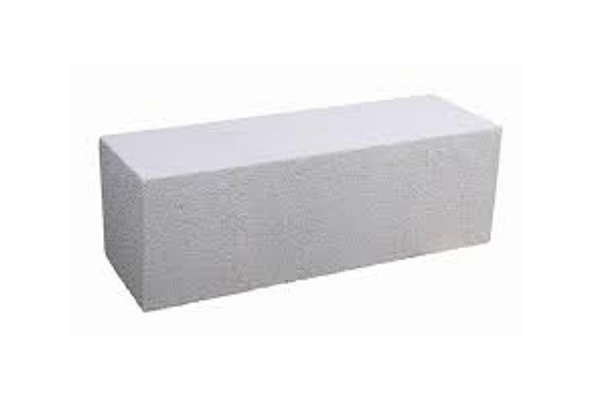A Durable Building Material
Autoclaved Aerated Concrete (AAC) blocks have revolutionized the construction industry, offering numerous advantages over traditional building materials like bricks. One of the key concerns for homeowners and builders is the lifespan of these blocks.
Factors Affecting the Lifespan of AAC Blocks
Several factors influence the durability and longevity of AAC blocks:
-
Quality of the Blocks:
- Manufacturing Process: A well-controlled manufacturing process ensures the production of high-quality AAC blocks with optimal strength and durability.
- Material Composition: The specific composition of the raw materials used in the manufacturing process affects the block’s properties.
- Curing Process: Proper curing of the blocks is essential to achieve desired strength and durability.
-
Construction Practices:
- Foundation Strength: A strong foundation is crucial to support the structure and prevent settlement, which can adversely affect the blocks.
- Proper Installation: Correct installation techniques, including proper mortar application and jointing, are essential to ensure the integrity of the structure.
- Load-Bearing Capacity: The design and construction of the structure should consider the load-bearing capacity of the AAC blocks.
-
Environmental Conditions:
- Climate: Exposure to extreme weather conditions, such as high humidity, temperature fluctuations, and heavy rainfall, can impact the durability of the blocks.
- Chemical Exposure: Exposure to acidic or alkaline substances can degrade the material over time.
The Lifespan of AAC Blocks
Generally, well-manufactured and properly installed AAC blocks can last for 50 to 100 years or more. This longevity is attributed to several factors:
- High Strength: AAC blocks possess high compressive strength, making them resistant to structural stresses.
- Durability: The dense and uniform structure of AAC blocks makes them resistant to weathering, moisture, and pests.
- Fire Resistance: AAC blocks are highly fire-resistant, protecting structures from fire damage.
- Soundproofing: The porous nature of AAC blocks provides excellent sound insulation.
- Thermal Insulation: AAC blocks offer superior thermal insulation, reducing energy consumption for heating and cooling.
Specific Example: 4 Inch AAC Block
A 4-inch AAC block, commonly used in wall construction, can contribute significantly to the overall lifespan of a building. When used in conjunction with proper construction techniques and maintenance, these blocks can provide long-lasting durability and performance.
Conclusion
AAC blocks have proven to be a reliable and long-lasting building material. By considering factors such as quality, installation, and environmental conditions, homeowners and builders can ensure the optimal lifespan of their structures.
Post time: 11 月-20-2024





